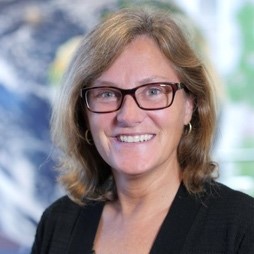‘Perception May Matter as Much as Reality’: Syracuse Professor on Paramount-Skydance Merger’s Cultural Impact
The merger of Paramount and Skydance created a major new player in Hollywood, and the new combined company is already making a splash with its purchase of the U.S. rights to air UFC fights. But the political undertones of the…



